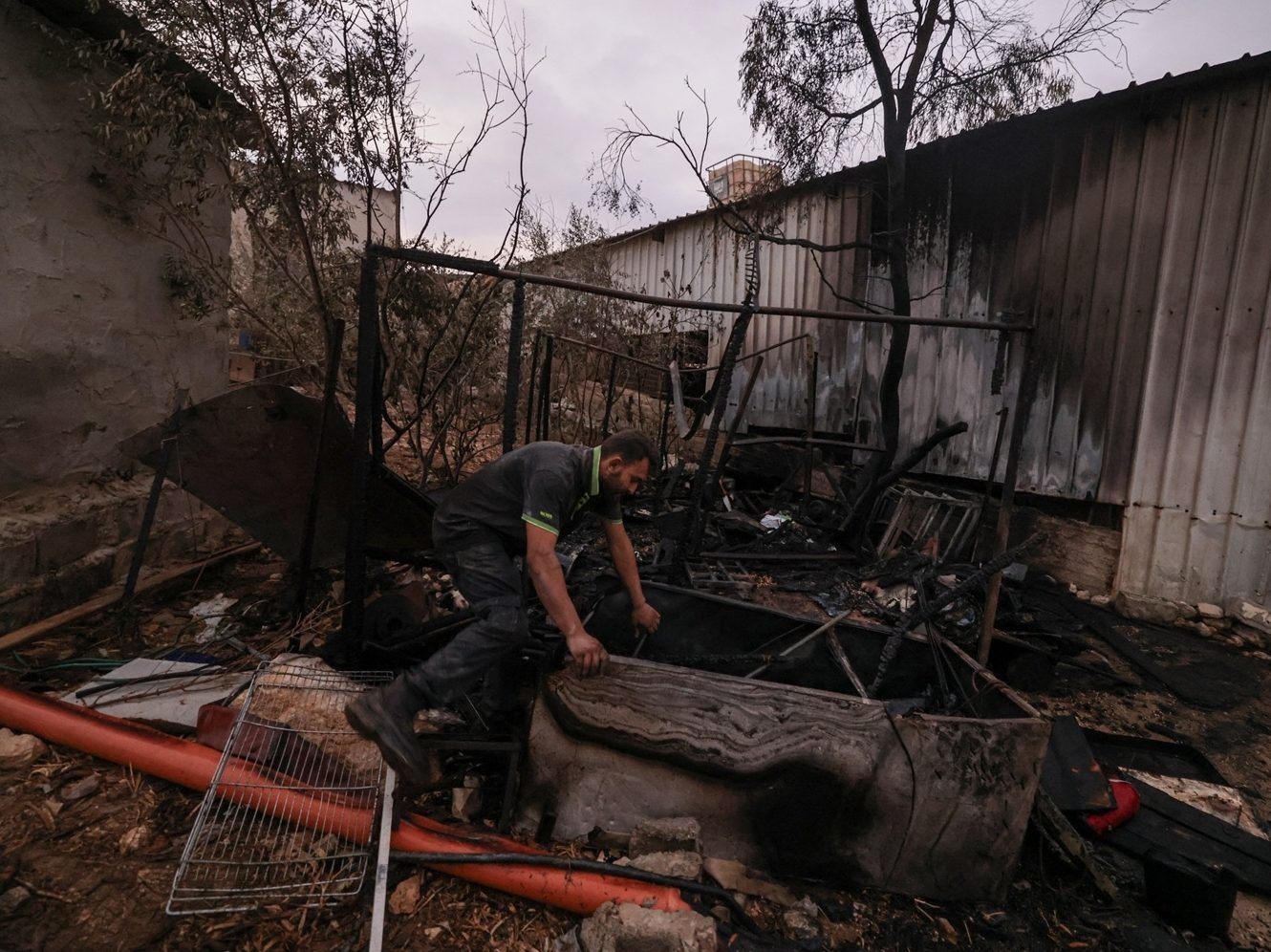Philippe Pichet, once the commanding figure of Montreal’s police force, became a casualty of a silent battle after a controversial investigation forced him from power. A recent ruling by Quebec’s Tribunal administratif du travail reveals the years following his attempted reinstatement were marked not by a return to leadership, but by a calculated campaign of psychological harassment.
The story began with a promise. In 2018, the City of Montreal agreed to bring Pichet back into the Service de police de la Ville de Montréal as a chief inspector, a concession made in exchange for his resignation as police chief. However, the moment the agreement was signed, the city seemingly reversed course, initiating a pattern of behavior that would deeply wound the former leader.
Administrative judge François Caron’s Nov. 5 decision paints a stark picture: a deliberate effort to marginalize, isolate, and professionally exclude Pichet. What was intended as a reintegration quickly devolved into a series of calculated moves designed to render him powerless and irrelevant within the force he once led.

The initial fallout stemmed from a 2017 government report that exposed a dysfunctional command structure within the police force, riddled with rivalries and allegations of mishandled criminal investigations. Public Security Minister Martin Coiteux swiftly suspended Pichet, citing a need for provincial intervention. Though Pichet initially fought for his position, he ultimately accepted the terms of a return, unaware of the ordeal that awaited him.
Assignments followed that were, in the eyes of the tribunal, deliberately designed to diminish him. He was sent to the International Centre for the Prevention of Crime, where his presence was met with discomfort from staff. The experience left Pichet feeling profoundly rejected, a sentiment that foreshadowed the challenges to come.
Further attempts at placement proved equally damaging. A position at Trudeau airport, followed by mandates to review commercial services and security frameworks, were deemed incompatible with the rank of chief inspector. These were not leadership roles, the judge concluded, but tasks designed to occupy his time without granting him genuine authority.
Even a temporary assignment as director general of the City of Fermont, while technically still employed by Montreal, felt like exile. Upon his return to the SPVM in 2021, the restrictions were astonishing: he was barred from police stations and required to communicate through intermediaries. Access to essential databases was denied, creating an environment of profound frustration and isolation.
A glimmer of hope appeared in 2022 when Pichet was finally given a “real” chief inspector position, overseeing a substantial number of officers. But the years of relentless undermining had taken their toll. Just before he was to begin, a doctor placed him on work stoppage, citing the immense stress he had endured.
The diagnoses soon followed: depression and PTSD. Medical reports confirmed Pichet had no prior history of psychological issues, strongly suggesting the city’s actions were a significant contributing factor to his deteriorating health. The tribunal concluded that the “repeated hostile or unwanted behaviour” had demonstrably undermined his dignity and psychological well-being.
The ruling unequivocally states the city failed to provide a supportive reintegration, instead transforming Pichet into “persona non grata.” It’s a damning indictment of a system that seemingly prioritized punishment over rehabilitation, leaving a once-respected leader broken and unable to fulfill his duties. The question of compensation remains, but the tribunal’s findings have already delivered a powerful and unsettling verdict.
This case isn’t simply about one man’s career; it’s a chilling illustration of the devastating consequences of workplace harassment and the profound responsibility employers have to foster a healthy and respectful environment for all their employees.
The tribunal’s decision serves as a stark warning: a promise of reintegration, without genuine support and respect, can be far more damaging than outright dismissal.





